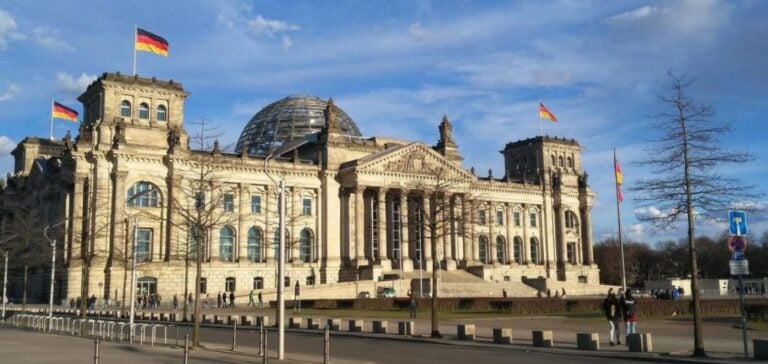The German energy sector is navigating a period of political uncertainty exacerbated by the recent dissolution of the governing coalition, following the dismissal of Finance Minister Christian Lindner. This situation unfolds as the country faces significant economic challenges, including rising energy prices and sluggish growth. The BDEW (German Association of the Energy Industry) recently issued a statement urging an acceleration of energy reforms before the planned dissolution of the Bundestag, Germany’s parliament, in January.
Energy Reforms on Hold
The BDEW, through its managing director Kerstin Andreae, emphasizes the need to finalize certain legislative projects before the end of 2024. Among these projects is the amendment to the EnWG law, which is essential for upcoming tenders related to gas-fired power plants. This measure aims to strengthen energy security and support the transition to cleaner energy sources. Andreae warns that delaying these initiatives could threaten progress on the energy transition and increase uncertainties in the sector.
Germany’s political instability arises as the country grapples with an energy crisis exacerbated by the lasting effects of the war in Ukraine. The rise in gas prices, partly due to the cessation of Russian pipeline imports, continues to burden the German economy, complicating the management of the energy transition.
The Opposition’s CDU/CSU Energy Agenda
The German opposition, represented by the CDU/CSU alliance, recently unveiled its own energy program, titled the “New Energy Agenda,” which emphasizes cost reduction on the path to carbon neutrality by 2045. The CDU/CSU, currently leading in the polls, advocates a less restrictive emissions approach and considers tax reductions to stimulate investment. This program sharply contrasts with the ecological goals of the Green Party and the SPD (Social Democratic Party), formerly coalition partners.
Simone Peter, president of the renewable energy association (BEE), expressed concern about the impact of this political instability on renewable energy development goals. She described the coalition’s end as a “political confession of failure,” citing potential consequences on ongoing energy projects, particularly regarding hydrogen and carbon emission reduction.
European Implications
The uncertainty in Germany also has a European dimension, with the upcoming European Commission set to take office in December following the European Parliament elections in June. According to the BDEW, Germany, as a major energy market, plays a central role in discussions on low-carbon hydrogen and other European energy projects. This perspective is echoed by the German industry association (BDI), which calls for a stable government in Germany to support European cooperation and ensure the continent’s energy security.
Critics of the current instability fear further delays in energy policy, particularly on issues like the introduction of a delegated act on low-carbon hydrogen, which requires active input from Germany. Such delays could weaken Europe’s ambitions to transition to a carbon-neutral economy.
Prospects for the Coalition and Germany’s Political Future
Chancellor Olaf Scholz has acknowledged the political and economic challenges facing Germany, stating that future compromises among parties will be necessary to ensure a strong parliamentary majority. With federal elections set for March, current polls place the CDU/CSU ahead, while the Greens and SPD, with lower scores, may not gather enough support for a durable coalition.
Germany’s political outlook, marked by disagreements on debt and emission reduction goals, portends months of uncertainty for the energy sector, which depends on a stable legislative framework to advance its energy transition projects. The complexity of the situation is heightened by European energy issues and the potential impact of German instability on the European energy market.






















